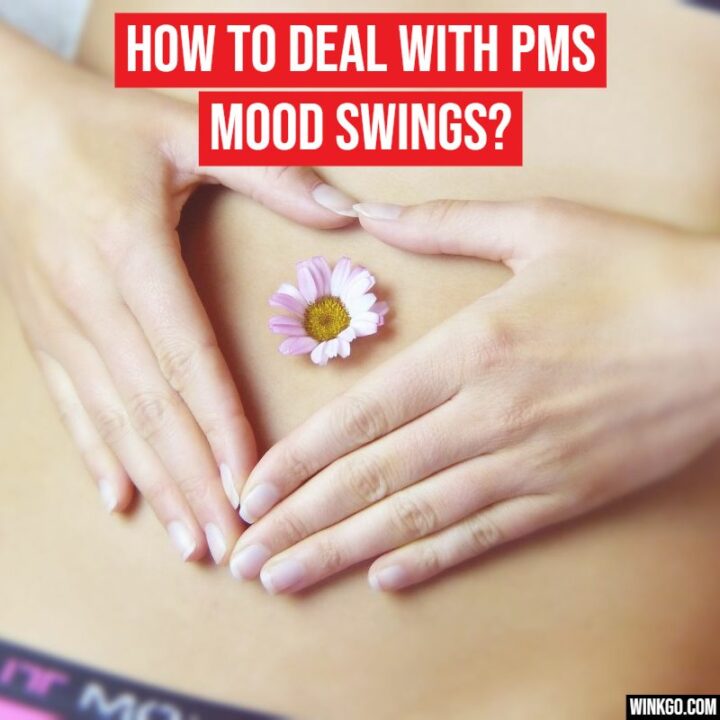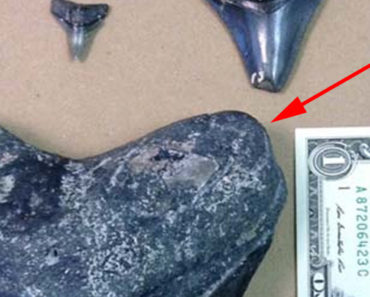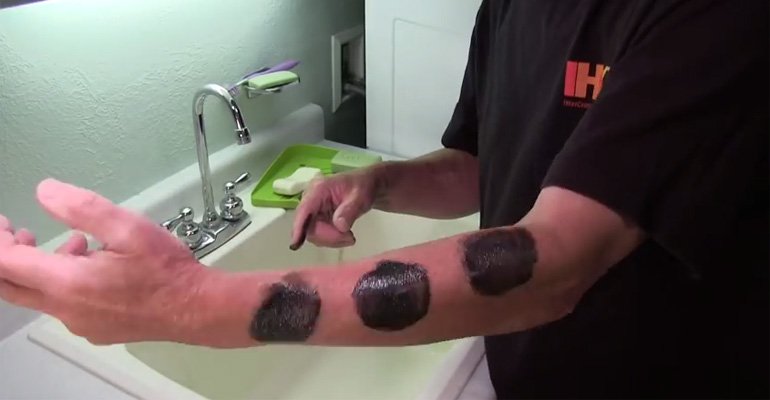Fighting with your loved ones for absolutely no reason or crying your eyes out over a TV commercial may not seem normal to others and even you before your period, but these are the PMS symptoms most women go through.

During PMS, you might wake up happier in the morning and be the opposite after a few hours. You may experience sadness, anger, anxiety, and irritability about a week before getting your period.
Of course, you can take natural PMS supplements that target the symptoms of PMS and PCOS effectively after consulting with your doctor. You can also implement some practical tips to help you deal with premenstrual mood swings, which we will discuss in this article.
What Causes Mood Swings Related to PMS?
Between ovulating and the first day of your period, you may experience PMS symptoms ranging from mood swings, change in appetite, breast soreness, and feeling bloated to abdominal cramps. That’s why it’s called pre-menstrual syndrome.
During this time, your hormone levels change. Estrogen and progesterone levels decline in your body, which affects the serotonin levels. This happy hormone not only keeps you in a good mood but also regulates sleep and appetite.
Once you get your period, you don’t have to deal with the PMS symptoms, especially mood swings that are most common in women.
How to Deal With PMS Mood Swings?
Here are some tips that can help you better manage and deal with premenstrual mood swings.
Keep Track of Your Cycle
When we are feeling all the negative emotions that we shouldn’t, we may start experiencing them even more. We may even get angrier or more anxious about why we’re feeling what we are.
Therefore, you should keep track of your menstrual cycle on your phone calendar or through a period-tracking app. This will let you prepare for the PMS symptoms ahead of time, and when you’re dealing with them during PMS, you will know that it’s just PMS and nothing’s wrong with you.
This can also be helpful in bringing up the issue to your doctor and informing them what symptoms you feel and when they get worse so they can help you.
Implement Natural Remedies
Calcium and vitamin B6 can help you with PMS-related mood swings like sadness, anxiety, and irritability.
Although you can buy supplements, it’s better to incorporate calcium and vitamin B6 into your diet.
Milk, cheese, leafy green veggies, and yogurt are excellent sources of calcium. Whereas fruits, fish, fortified cereals, and chicken and turkey are ideal for getting vitamin B6 in your body.
Make Lifestyle Changes
Making lifestyle changes can also greatly facilitate you in dealing with premenstrual mood swings better.
Stress – As stress can worsen your PMS symptoms, incorporate stress management or stress-reducing activities like yoga, meditation, or journaling. Stay away from stressful events before your period.
Sleep – Not sleeping well can also aggravate your PMS-related symptoms. Make sure to sleep for at least 7 to 8 hours every night without compromising on the quality.
Physical activity – Start some sort of physical activity for at least 30 minutes per day. Even a walk in nature is a great way to relax your mind and release happy hormones.
Diet – Avoid sugary foods and caffeine, as they can intensify your symptoms. If you crave them badly, take them in moderation with healthy foods like fruits, veggies, and whole grains.
Have some “me time” – When PMSing, you should give yourself extra love and care. You can go for a spa day, get a manicure, pedicure, or facial, watch your favorite movie, put on a face mask, or get a lovely warm bath.
These tips should make it easier for you to deal with premenstrual mood swings. However, if your symptoms get worse and nothing helps, you should talk to your gynecologist or your healthcare provider, as they will suggest the right treatment plan, maybe with medication.
Please share these tips for dealing with PMS mood swings with your friends and family.



